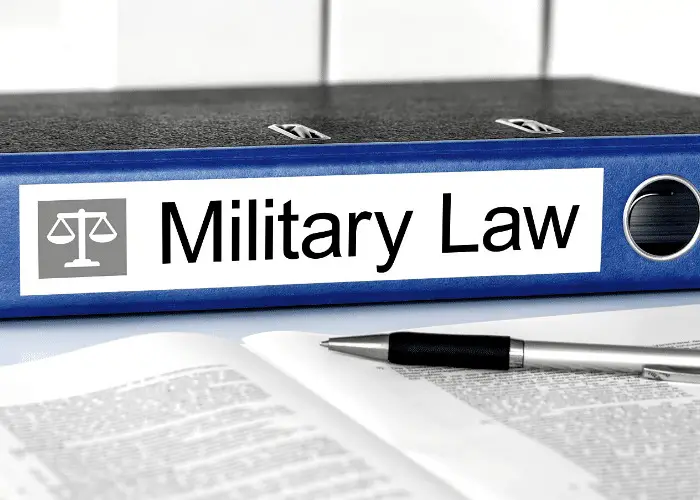The Uniform Code of Military Justice (UCMJ) is the backbone of military law in the United States, governing the conduct of military personnel. Article 134 of the UCMJ, often referred to as the “General Article,” is a crucial element of this legal framework. In this blog post, we'll delve into the depths of Article 134 UCMJ to gain a better understanding of its offenses and implications.
Article 134 UCMJ: An Overview:
Article 134 is unique among the UCMJ's punitive articles because it covers offenses that are not explicitly addressed in other articles. This makes it a versatile tool for military prosecutors and a source of concern for service members who may be subject to its provisions.
Understanding Article 134 Offenses:
Article 134 UCMJ encompasses a wide range of offenses, including but not limited to:
Conduct Prejudicial to Good Order and Discipline: This offense covers actions that undermine the military's ability to function efficiently and effectively. Examples include fraternization, insubordination, and conduct unbecoming of an officer.
Bringing Discredit Upon the Armed Forces: Service members can be charged under Article 134 if their actions harm the reputation of the military. This might include criminal activities or public misconduct that tarnishes the image of the armed forces.
Crimes and Offenses Not Capital: Article 134 also addresses crimes that are not covered elsewhere in the UCMJ. These can range from minor offenses like petty theft to more serious violations such as assault.
Conduct Prejudicial to Good Order and Discipline (Civilian): In addition to addressing misconduct within the military, Article 134 can also apply to off-duty conduct. If a service member's actions off-base negatively impact unit cohesion or the military's reputation, they may face charges.
Conduct of a Nature to Bring Discredit Upon the Armed Forces (Civilian): Similarly, off-duty actions that bring discredit to the military can result in article 134 ucmj charges, even when they do not involve criminal activity.
Penalties Under Article 134 UCMJ:
Penalties for Article 134 offenses can vary widely depending on the nature and severity of the violation. Service members found guilty may face consequences such as loss of rank, pay reduction, confinement, and a dishonorable discharge. The severity of these penalties underscores the importance of understanding and adhering to the UCMJ's provisions.
Article 134 UCMJ is a critical aspect of military law, encompassing a broad spectrum of offenses that are not explicitly covered elsewhere in the UCMJ. Service members should be aware of its provisions and strive to conduct themselves in a manner consistent with the military's values and standards. By doing so, they can avoid the potentially severe consequences that may arise from violations of Article 134 UCMJ, ultimately contributing to the maintenance of good order and discipline within the armed forces.







